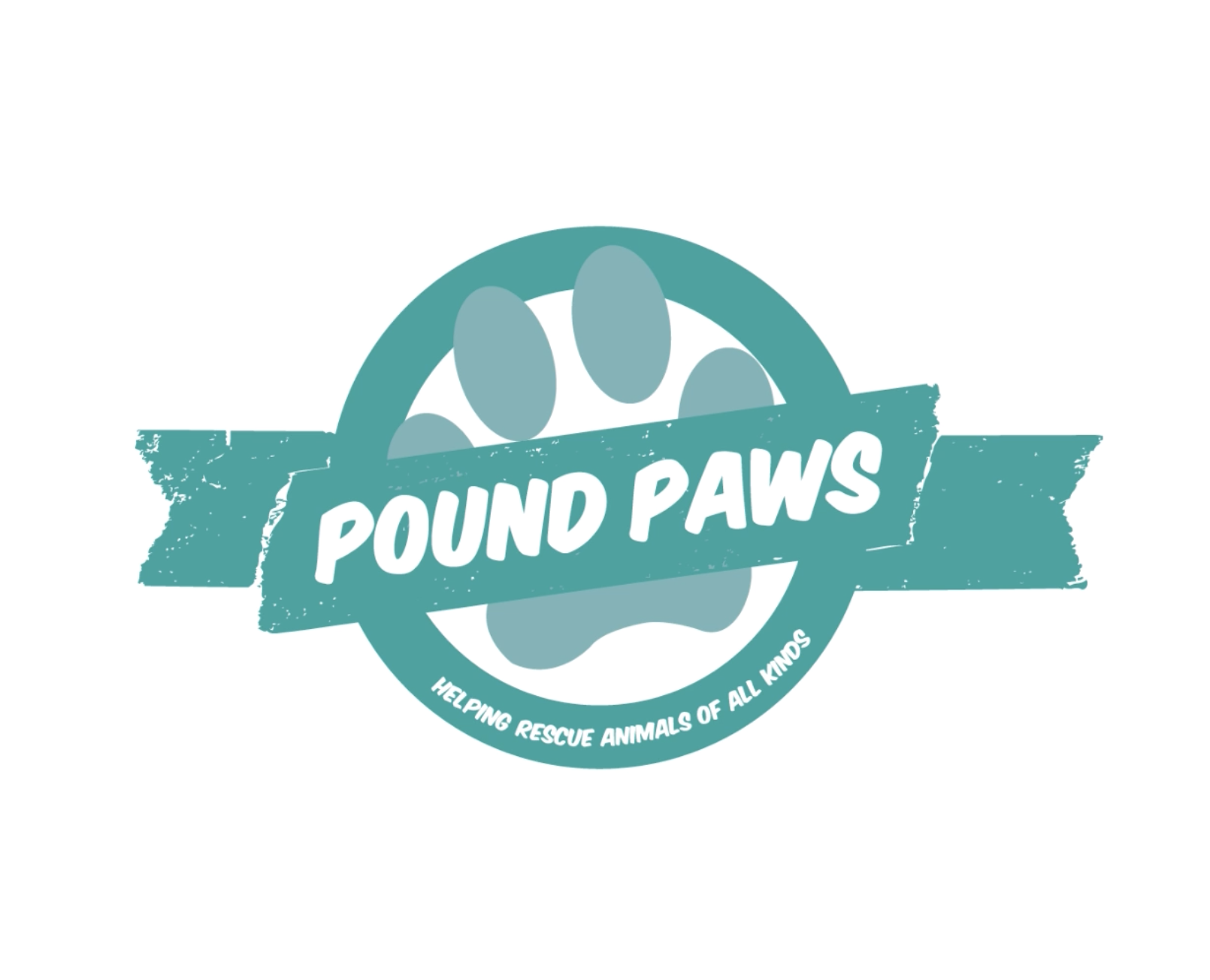Companion Animal Network Australia calls for vigilance and action by banks as pet scams soar
- Pound Paws

- Nov 4, 2022
- 4 min read
Companion Animal Network Australia calls for vigilance and action by banks as pet scams soar
When people act on emotion, they are easier to scam and that’s especially true for pet lovers who want a furry friend.

During 2022 Scams Awareness Week (November 7 – 11), leading animal welfare charity Companion Animal Network Australia (Australia CAN) is calling for vigilance when buying or adopting a pet and banks to take action, following reports of widespread pet scam activity.
“Banks can also do more to help protect the public as hundreds of bank accounts are reportedly being used for pet scam-related activities,” says Trish Ennis, CEO of Australia CAN (formerly Animal Welfare League Australia).
Scamwatch is led by the Australian Competition and Consumer Commission (ACCC) and this year’s theme is How to spot a scam. Australia CAN has partnered again with the ACCC and Puppy Scam Awareness Australia (PSAA) to help animal lovers identify and avoid pet scams that continue to cause heartbreak and anger.
According to the ACCC’s July 2022 Scamwatch report, pet scams increased in 2020 as a result of lockdowns, but despite restrictions easing, Scamwatch continued to see pet scam reports increase by 48% in 2021, receiving 3,332 pet scam reports with over $4 million in reported losses.
“With scammers continually developing new ways to fool people, pet lovers need to increase their vigilance in checking for those little clues that can alert us that something is a scam,” says Ms Ennis. “Scammers are professional crooks, and it can be difficult to distinguish between what is real or a scam. We encourage pet lovers to learn how to spot a puppy scam and avoid the heartbreak, loss of money and in some cases, potentially having to surrender their pet to the shelter.”
According to Scamwatch, the most common contact method reported was email, which also had the highest losses. The most common pets used in scams were puppies followed by kittens. Scamwatch also received reports about a wide range of animals including snakes, goats and ferrets.

"Pet scammers will generally advertise on fake websites, social media or classified sites. Scammers may also act as a rescue group,” says Ms Ennis. “People won’t be able to see the pet and after it's paid for, victims will be asked for more money because of a range of issues involving transport, illness or need for vaccines. Scammers go to a lot of effort to convince people that the pet is being delivered.”
Partnership with Puppy Scam Awareness Australia (PSAA)
Puppy Scam Awareness Australia is a dedicated organisation that brings awareness about the thousands of pet scamming syndicates who prey on pet shoppers, help puppy shoppers spot a scammer and assist those that have been scammed.
“We work hard reporting and negating scams daily to actively protect Australians from scams,” says PSAA founder Sandy Trujillo. “We don’t just report scammers, we shut down their online presence immediately, and help victims try and get their money back.”
PSAA have also partnered with Meta to collaborate on ideas of how to combat scams on social media. Since 2021, more than 600 Australian fraudulent bank accounts, 3,000 websites and over 5,000 social media pages/groups and profiles have been reported to PSAA. [See chart attached]
“Banks need to do more to help protect the public!” says Ms Trujillo.
On October 3rd, PSAA reported an account to a major bank with evidence provided that the account is being used for fraudulent activities. The same account was re-reported (with evidence provided) three days later because the account was still in circulation and being used by a different scammer. On October 11th, a victim ‘Sharon’ was scammed from this account.
“Every turn that Sharon has tried to take has been met by the bank with rudeness, denial and obstruction. They refuse to accept the evidence provided. Her contact with the AFCA (Australian Financial Complaints Authority) have also been fruitless with them stating that due to the amount she has lost they are not interested,” says Ms Trujillo. “Educating the public of the dangers and more importantly supporting and guiding victims through this traumatic event has been a priority.”
PSAA has recently launched a Breeders and Pet Transport Directory to help validate and help protect businesses from scammers stealing their intellectual property. Having “the only directory who are getting ahead of the scamming problem,” PSAA also work with breeders whose IDs get stolen to restore their reputation.
“Most breeders are now dubious of strangers coming over and stealing their pups,” says Ms Trujillo. “This has also become a thing during Covid. Many choose to speak on the phone or do Facetime. It's not always possible to find a breeder in your state too. Victorian laws are regulated so heavily that Victorian's are choosing to buy interstate. That's how most get caught in scams.”
How to spot a pet scam https://australiacan.org.au/pet-projects/puppy-scams/
For tips to avoid fake websites and a list of fraudulent websites www.puppyscamawarenessaustralia.com.au
For a guaranteed pet to welcome into your family, contact a Australia CAN member in your state https://australiacan.org.au/who-we-are/
If you think you are scammed, contact your financial institution right away. For more information www.scamwatch.gov.au
Australia CAN is a registered charity representing the companion animal welfare work of member organisations across the country, including Animal Welfare League QLD, Animal Welfare League SA, Lort Smith (VIC), Sydney Dogs and Cats Home, Dogs’ Homes of Tasmania and Saving Animals From Euthanasia Inc (WA).
Australia CAN celebrates the human-animal bond and promotes responsible pet ownership through national campaigns, partnerships and initiatives, including the Rent with Pets and Pets in Aged Care programs. You can follow CANA on Facebook, Instagram and LinkedIn





Comments